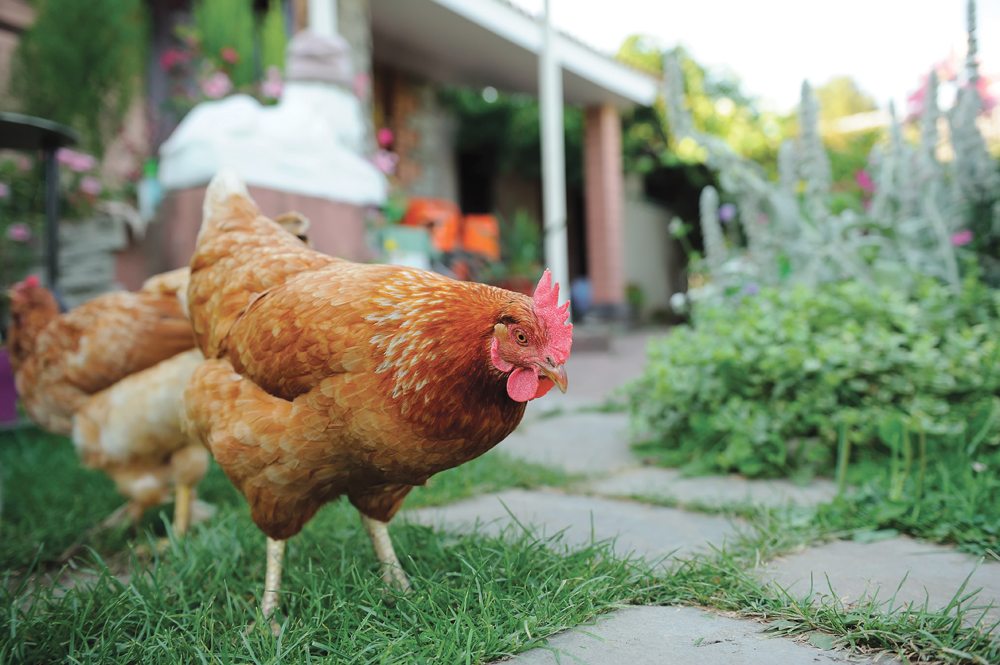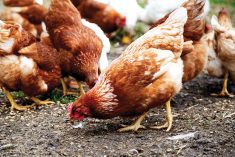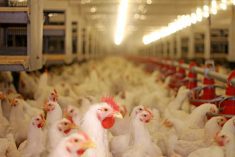It used to be that keeping backyard chickens was a sign of economic hardship.
These days however, it’s become an urban hobby and many proponents say they think it will be safer, fresher and more nutritious.
A new study from the University of California-Davis is calling that view into question. It suggests local ordinances aren’t adequate.
“Ironically, as people seek to take control over the way their food is grown, most ordinances fail to ensure basic health and welfare for birds and humans,” said Catherine Brinkley, primary author of the study.
Read Also

Mazergroup’s Bob Mazer dies
Mazergroup’s Bob Mazer, who helped grow his family’s company into a string of farm equipment dealerships and the main dealer for New Holland machinery in Saskatchewan and Manitoba, died July 6 from cancer.
The paper was recently published in the Journal of Community Health.
What needs to happen, the author recommends, is laws that mandate vaccinations, manure management and general animal welfare in urban and suburban settings similar to policies and regulations imposed on commercial chicken operations.
“Provisions governing animal slaughter and routine veterinary care are rare, presenting a concern for monitoring and intervening in public health crises,” the study says.
The study was based on 100 municipalities in Colorado because the state has the most extensive records available and is a hotbed of the practice.
The most common guidelines for poultry ordinances pertain to housing design, placement and the sex of birds. Regulations pertaining to cleanliness, ventilation, and food ordinances governing the slaughter of backyard chickens are also non-existent or at best vague.
Regulations pertaining to the chickens’ health and welfare were also rare, with only two per cent of municipalities including poultry under animal cruelty and abuse regulations.



















